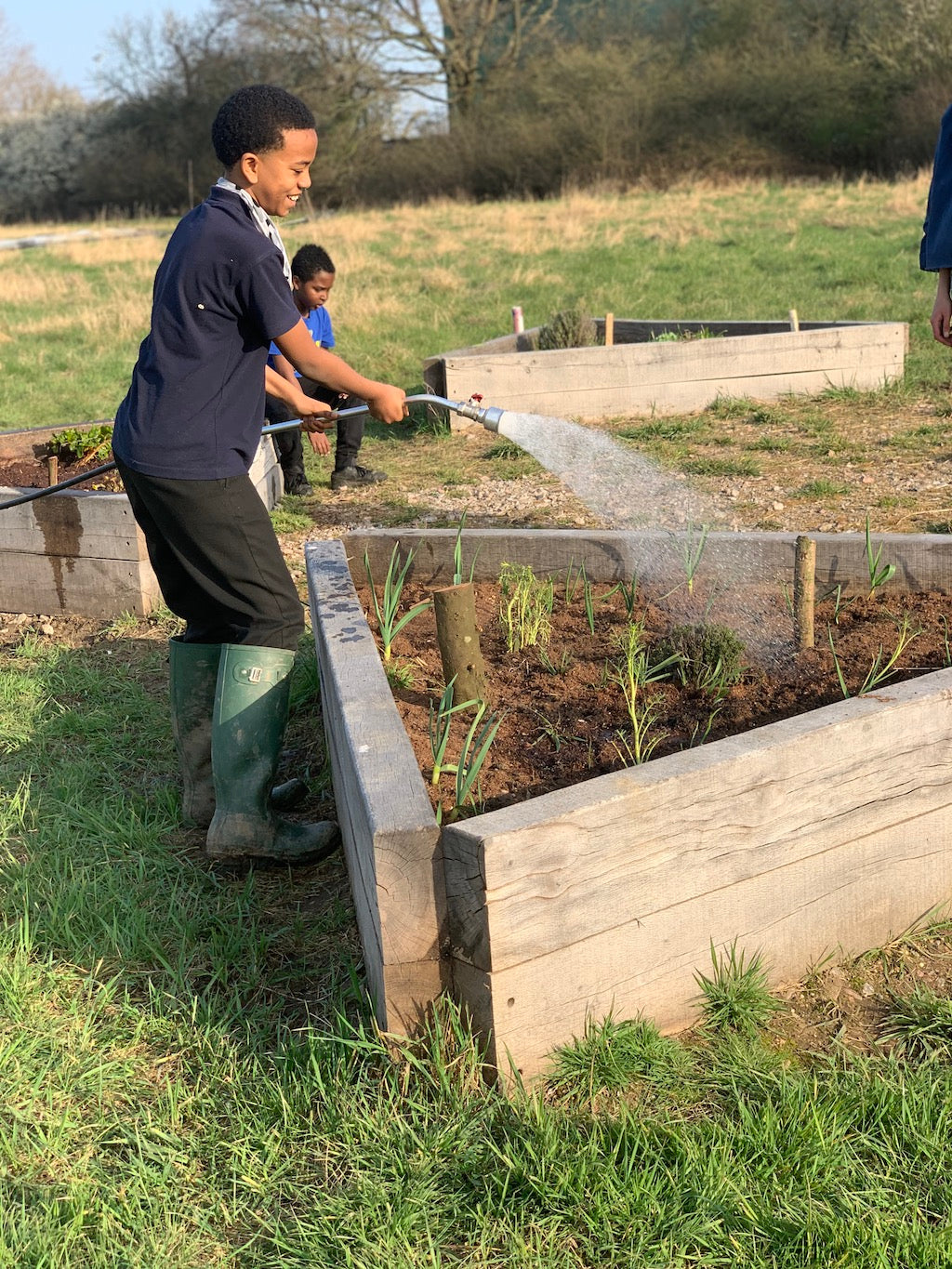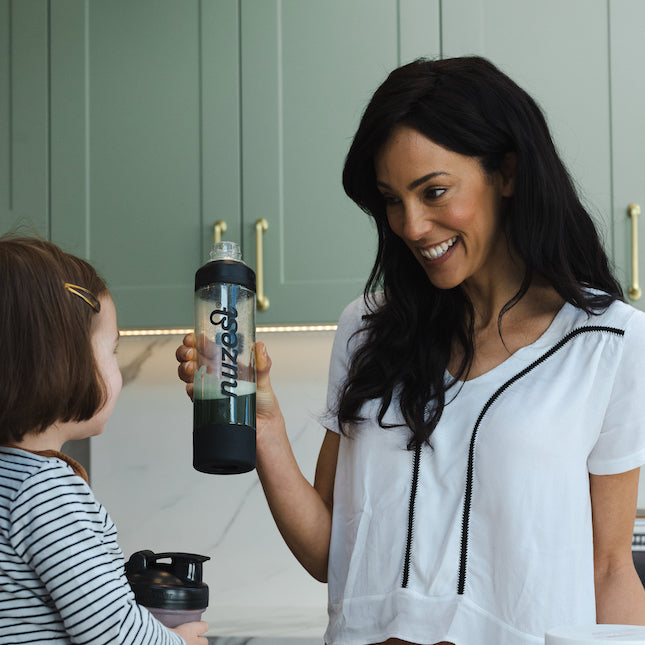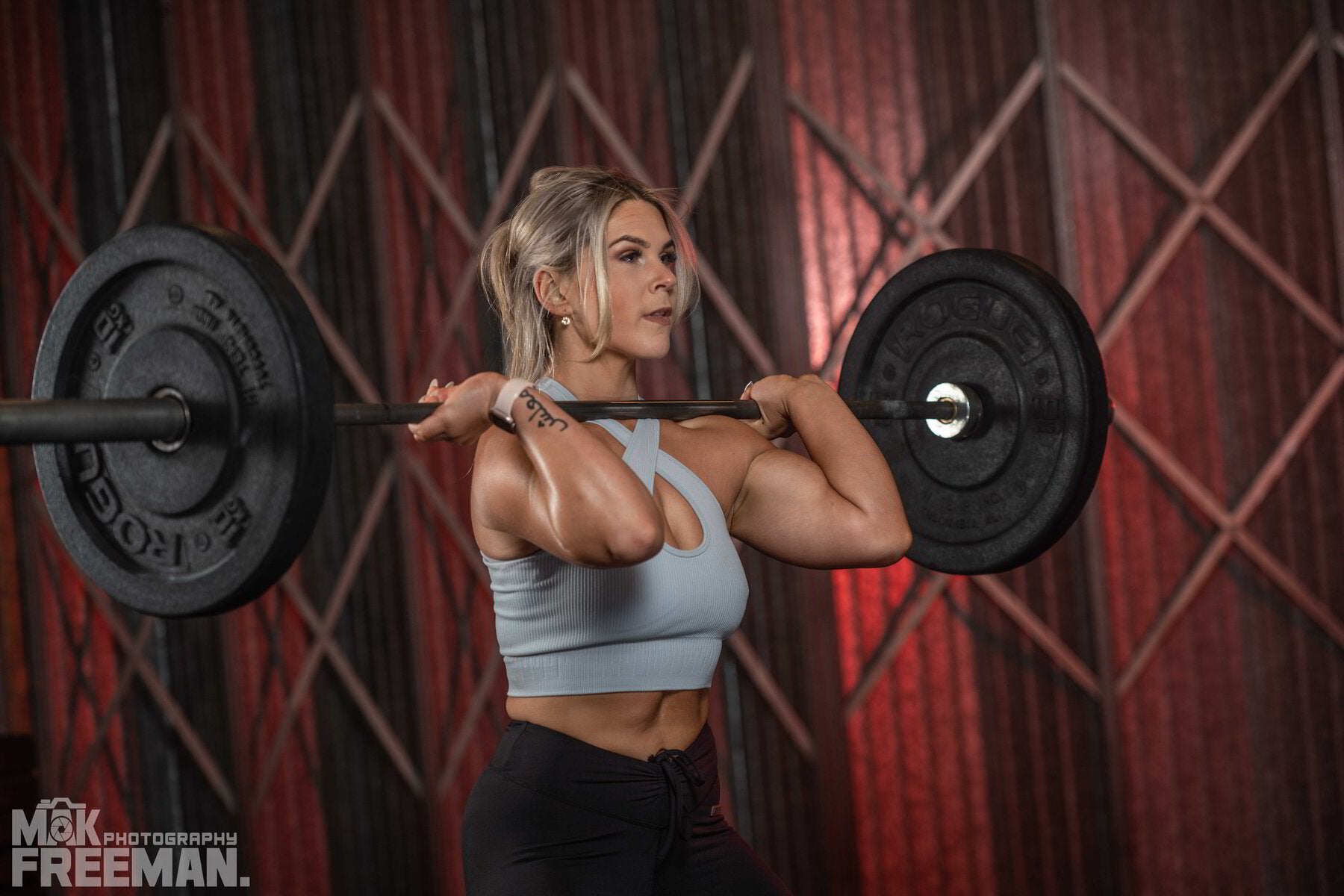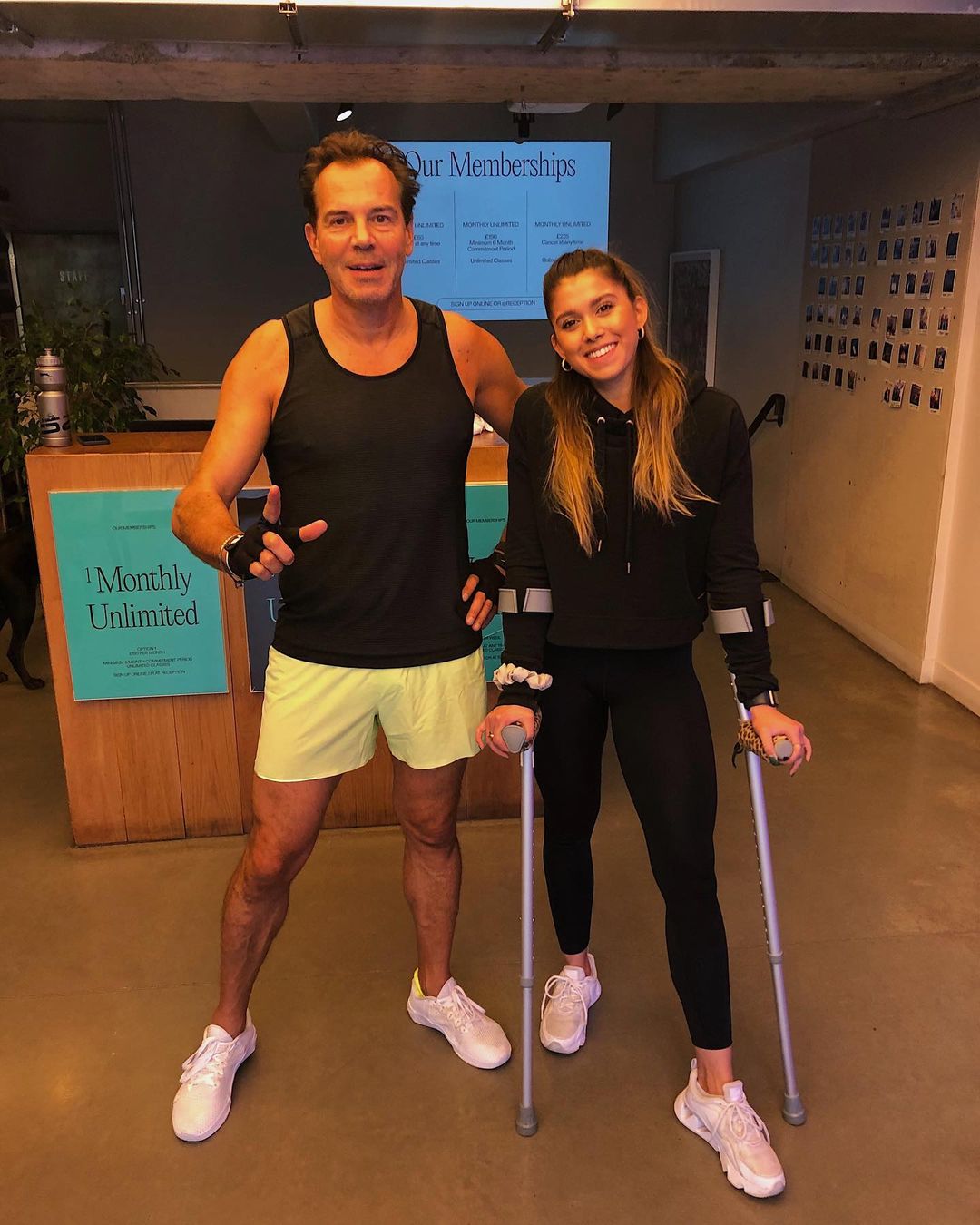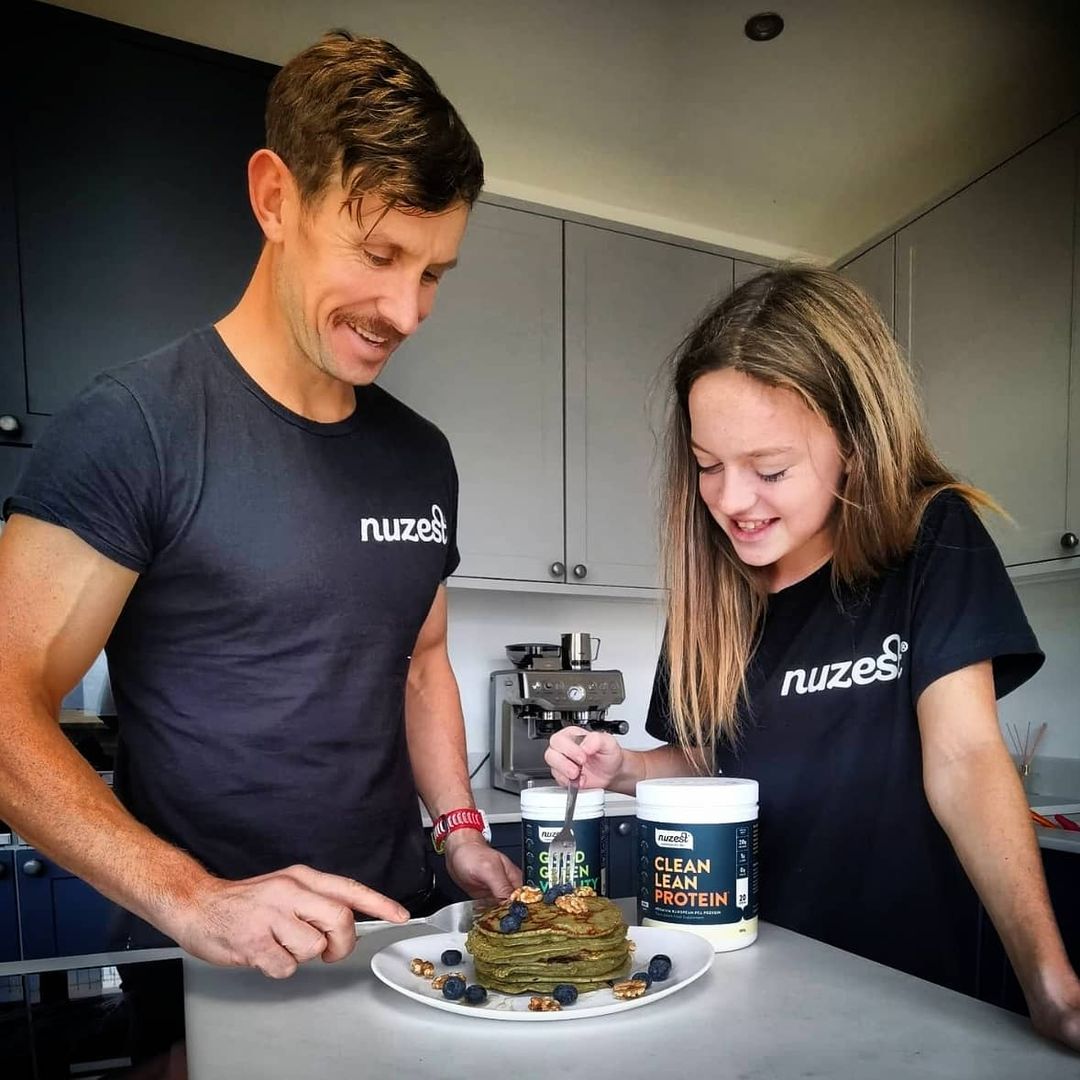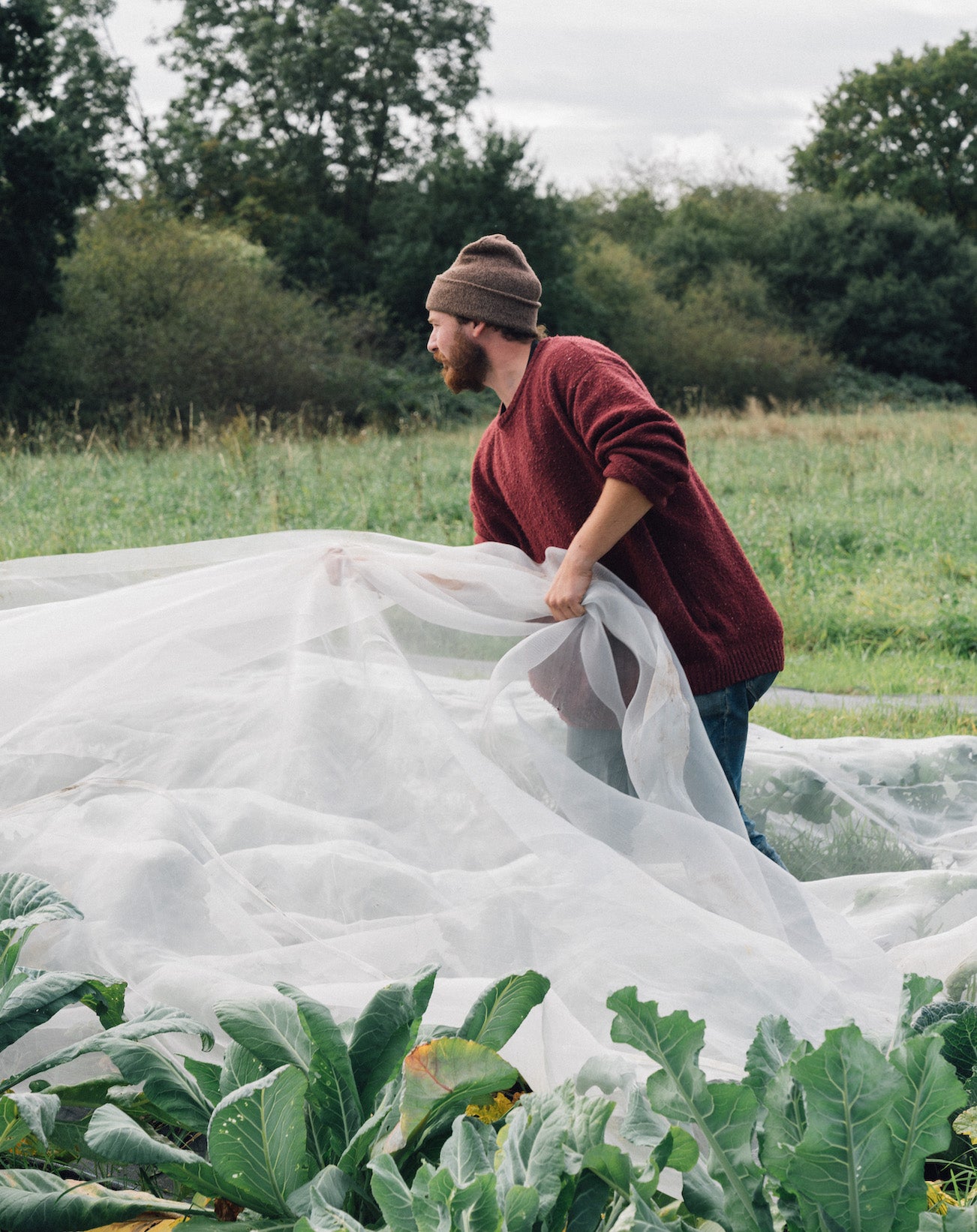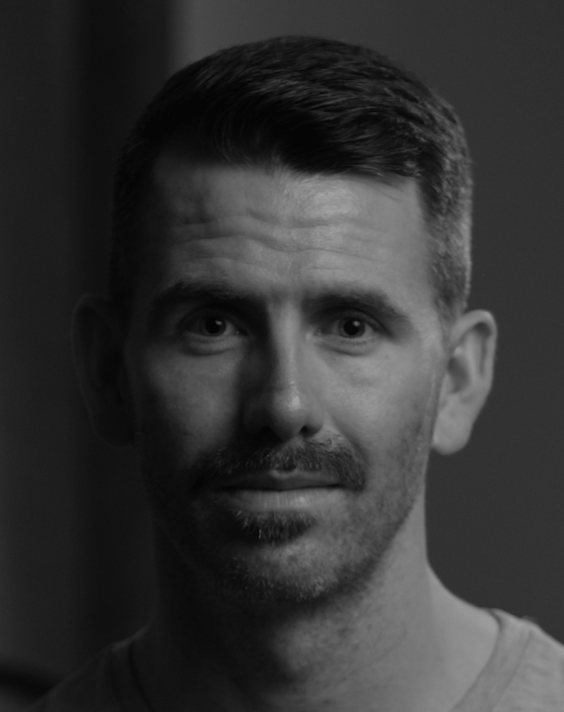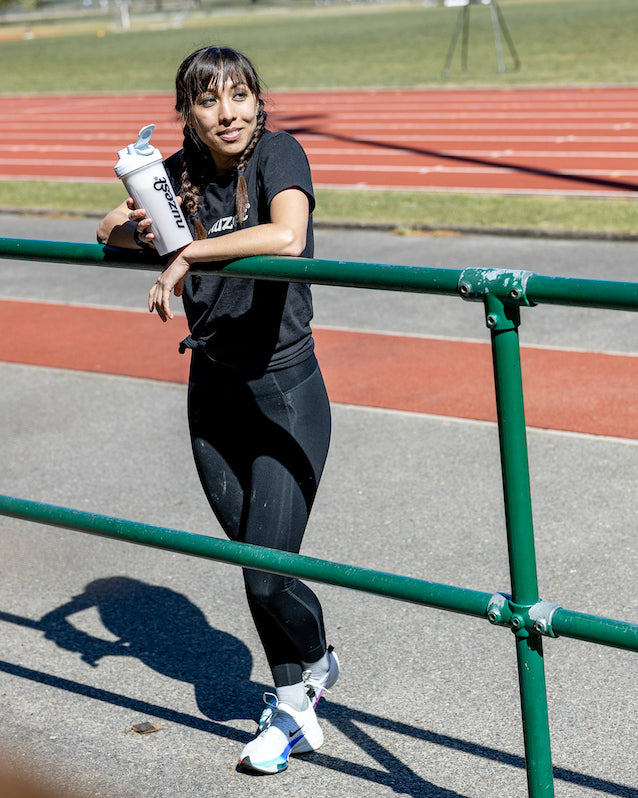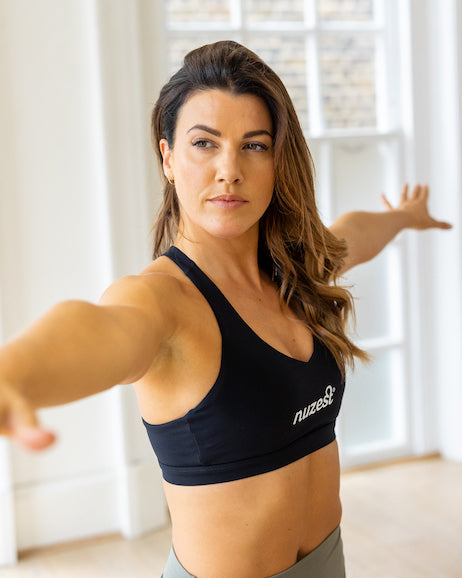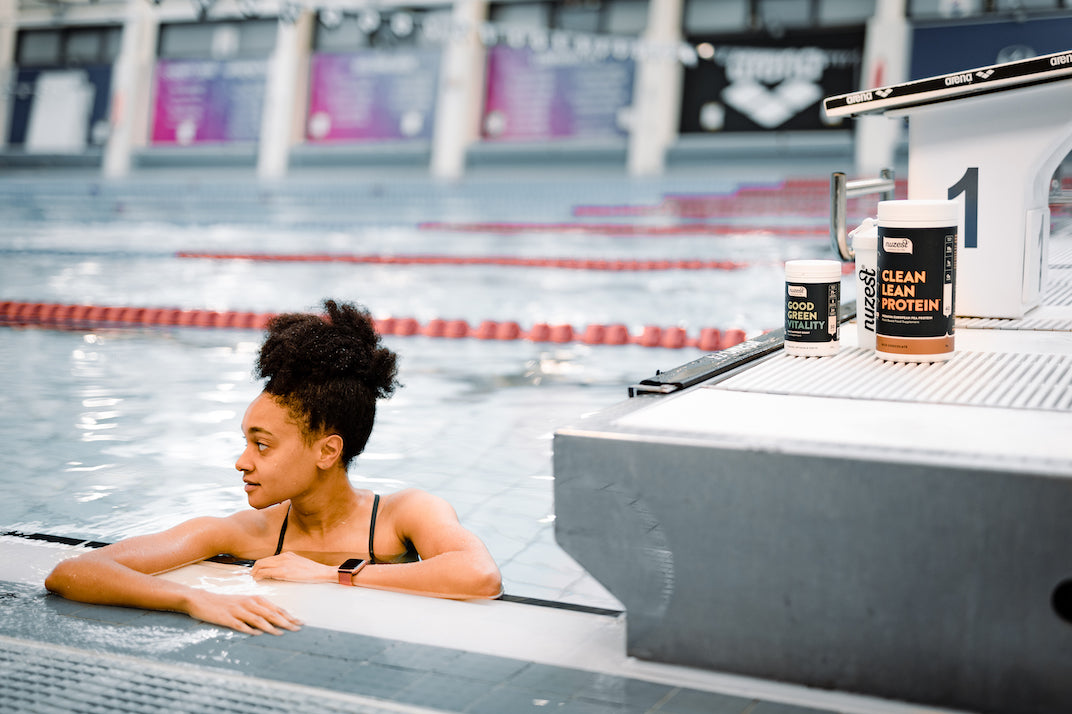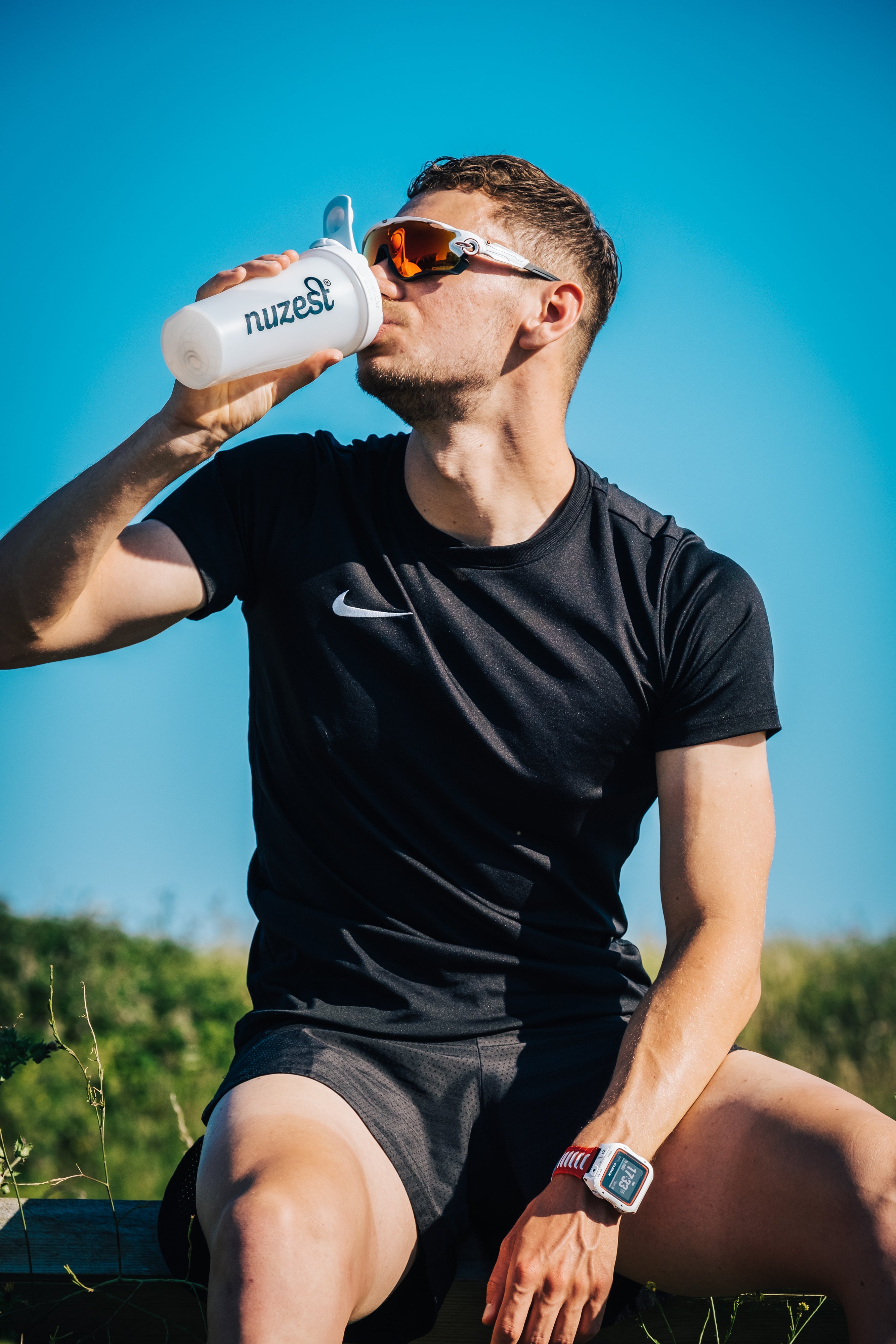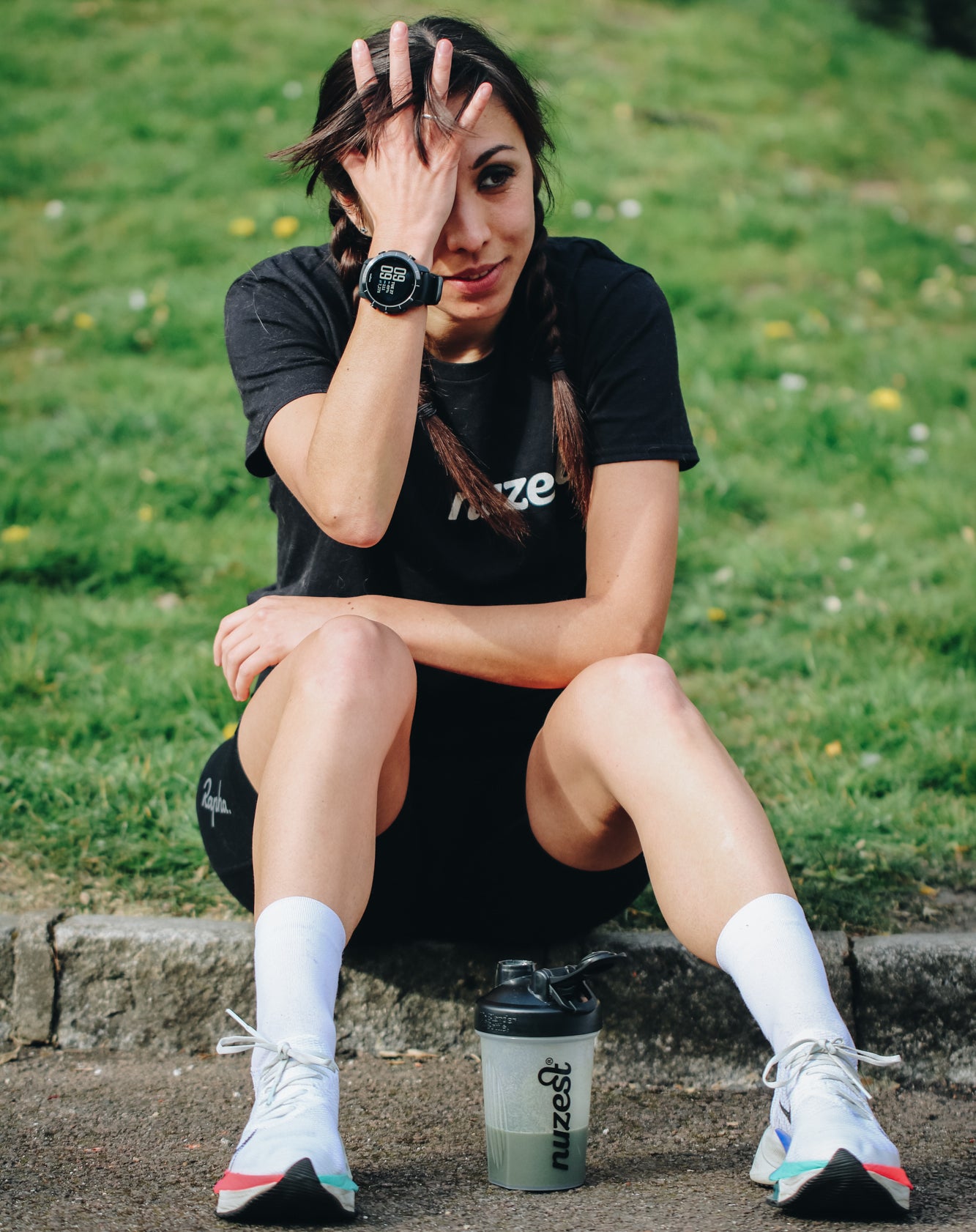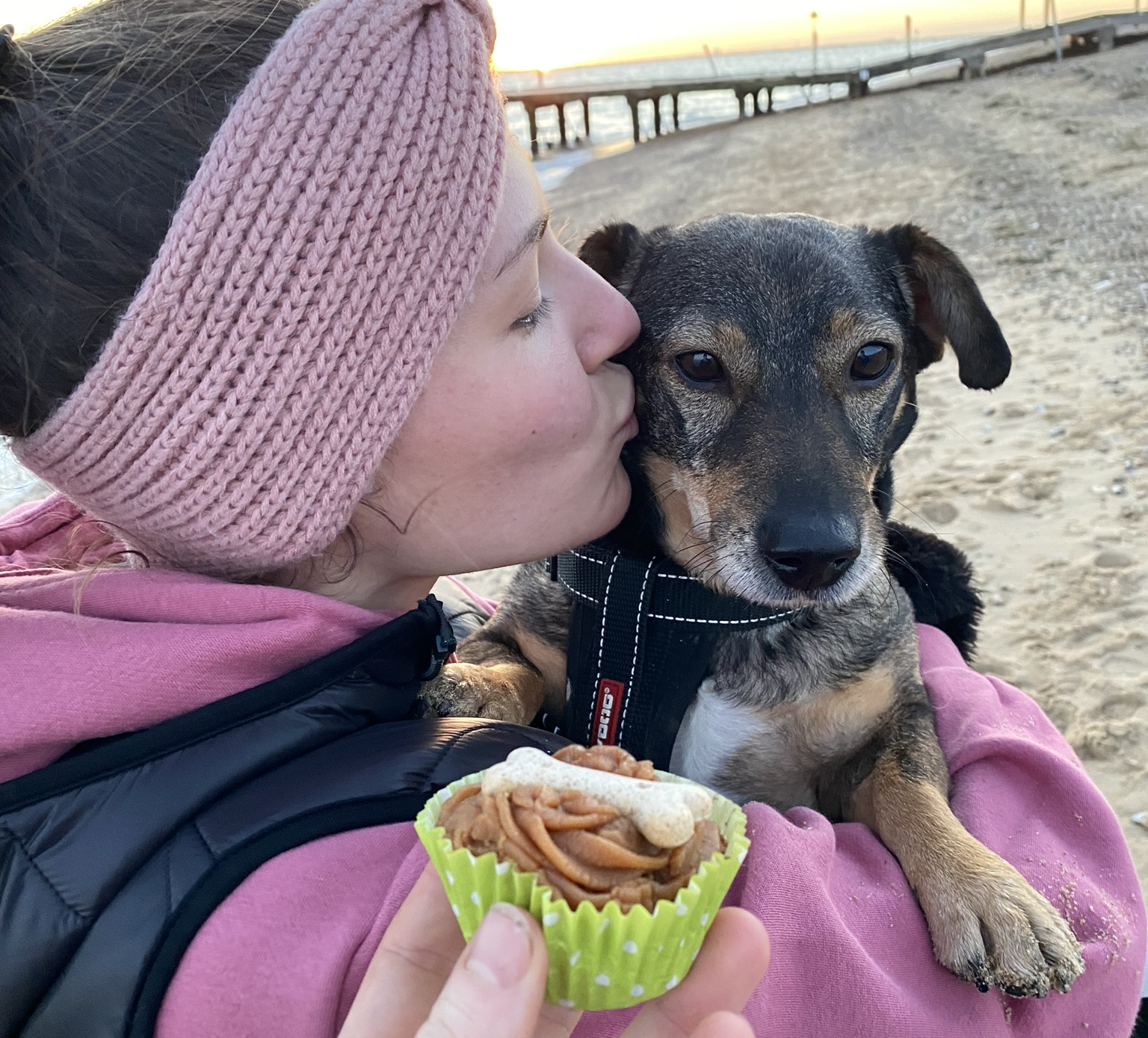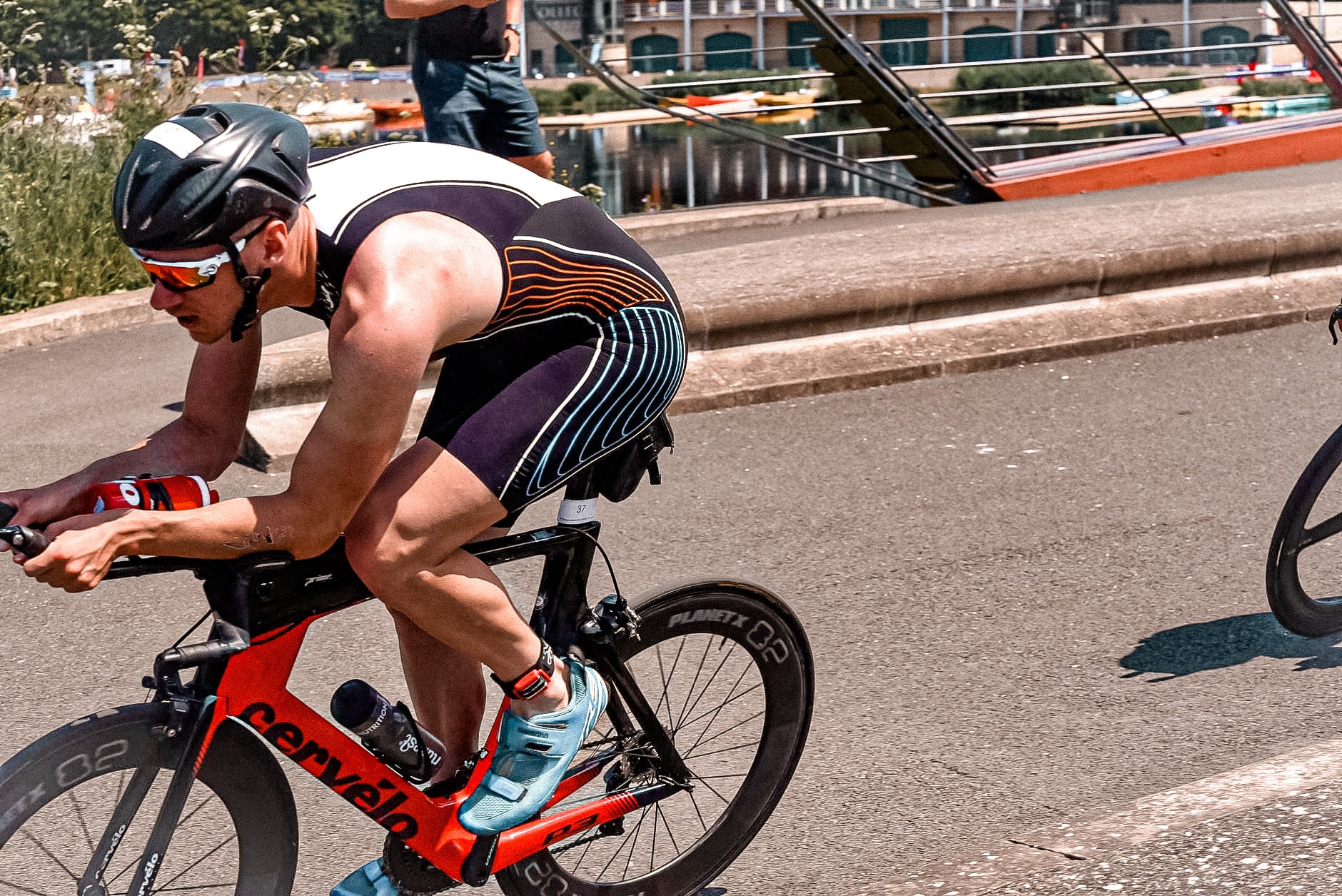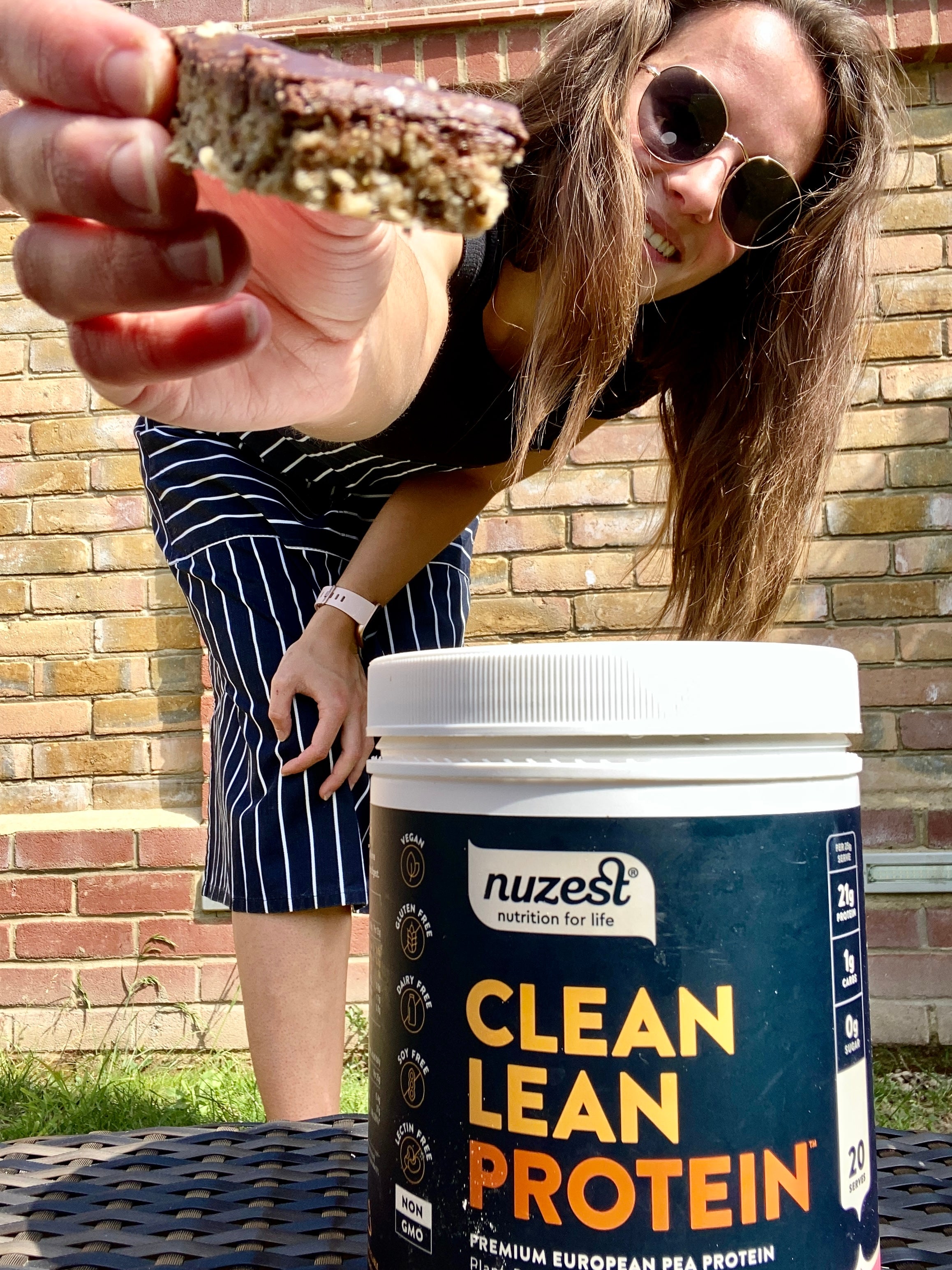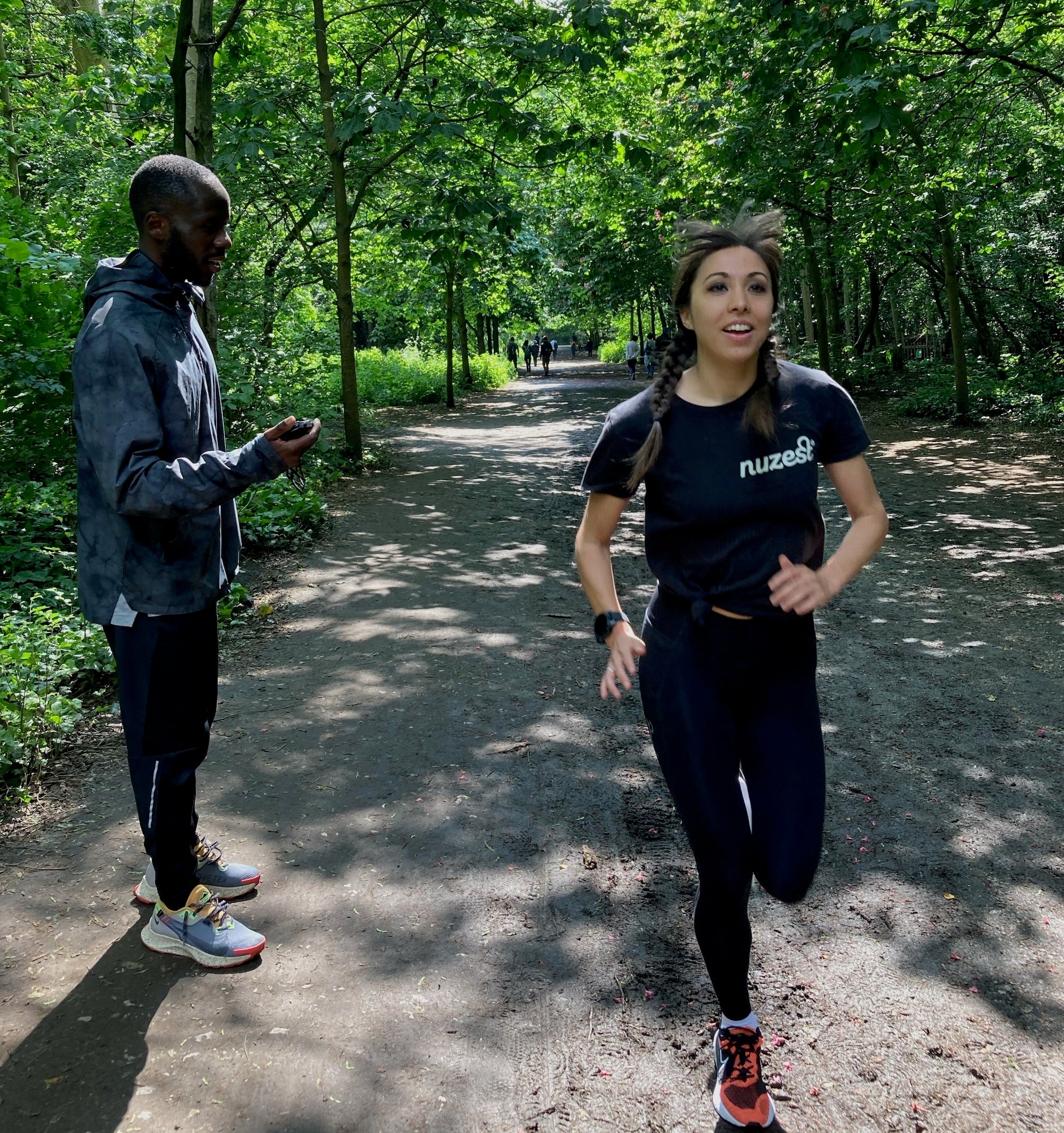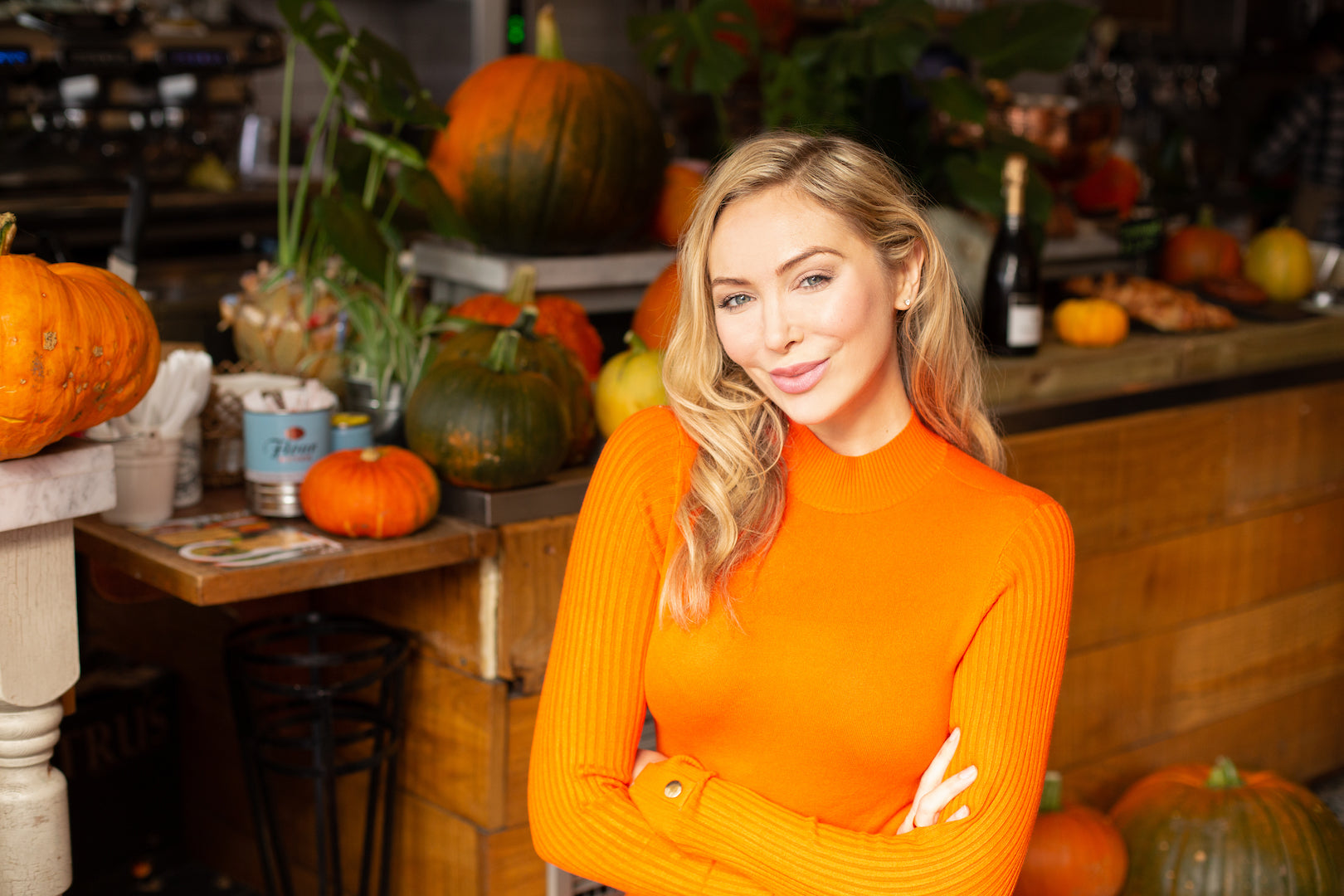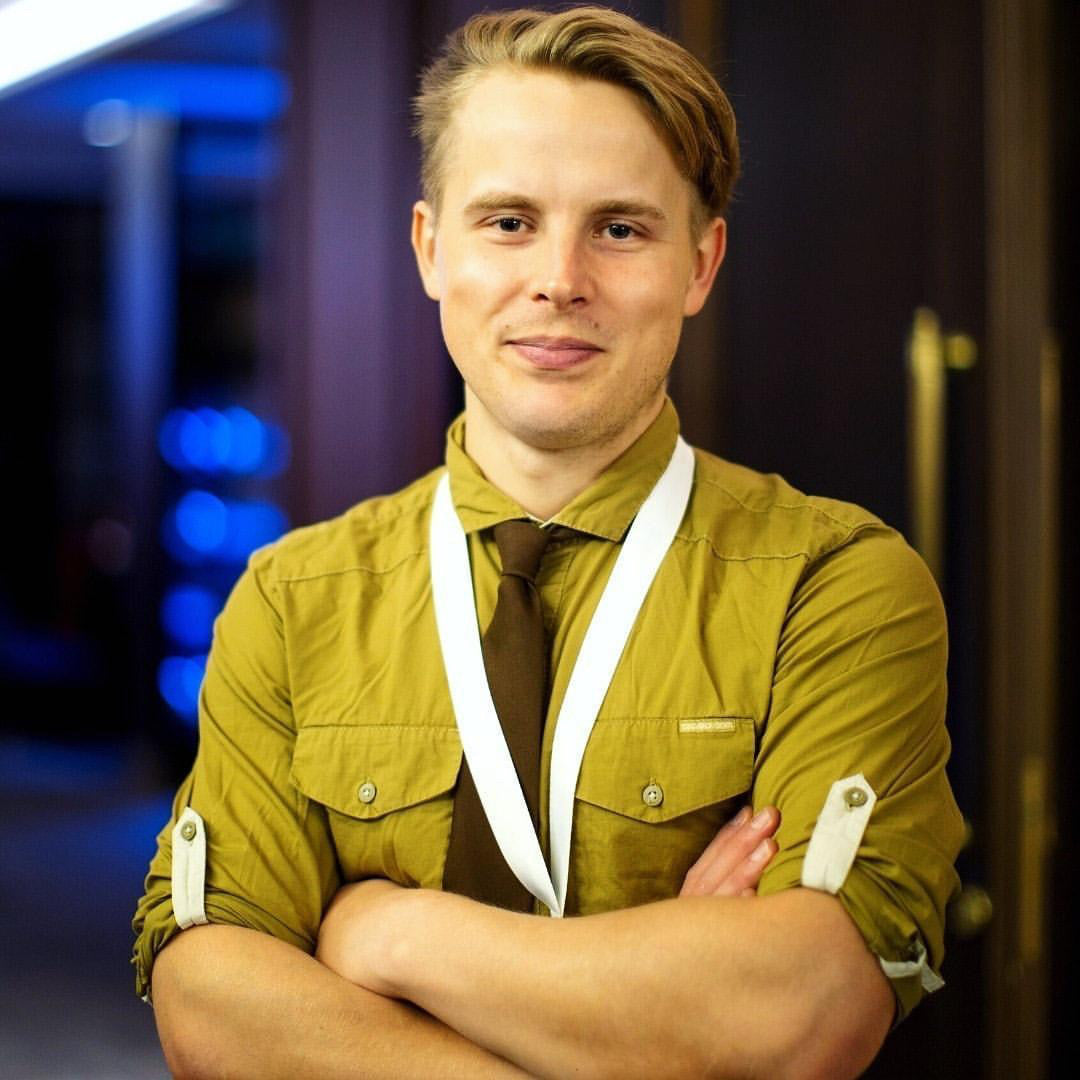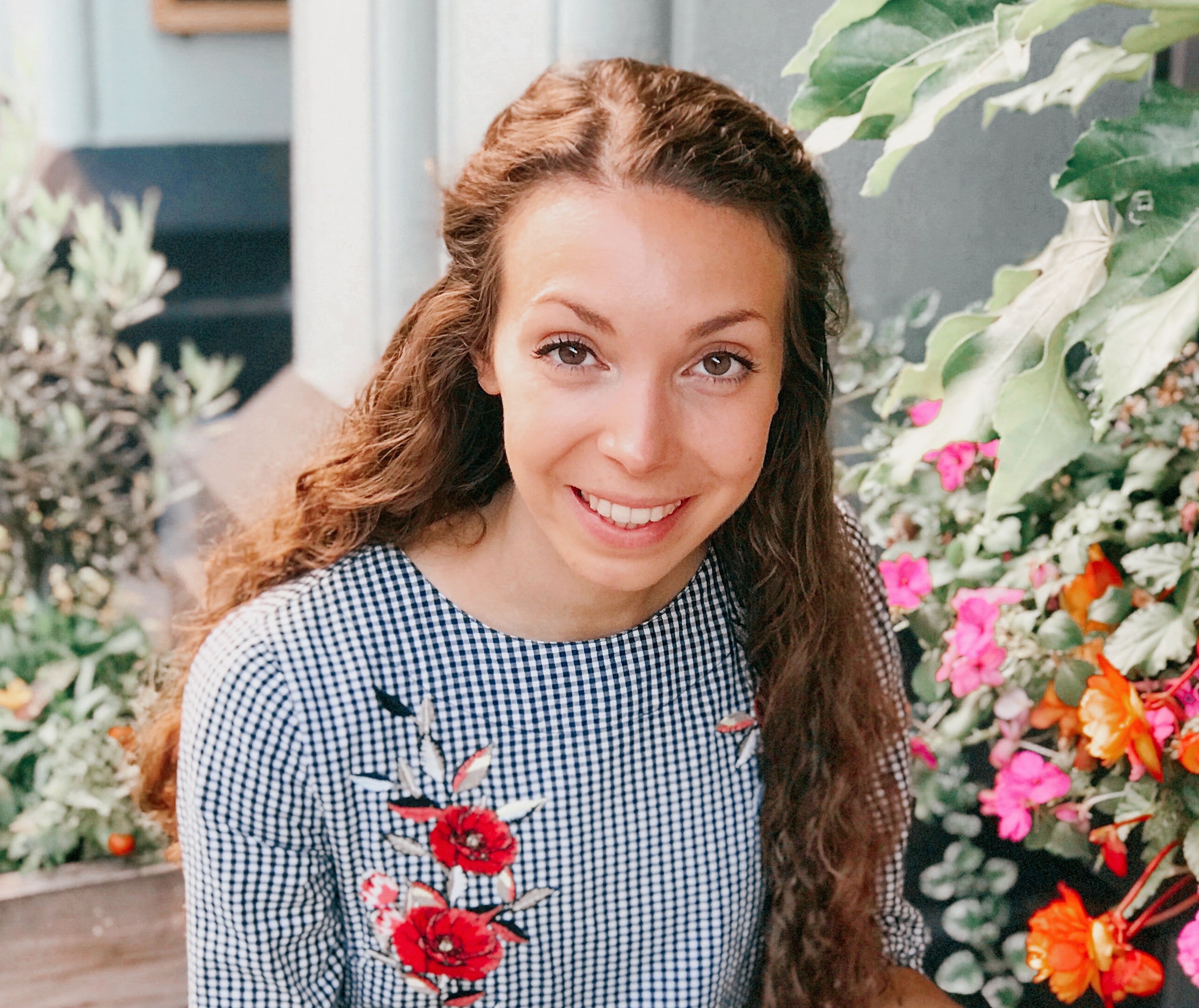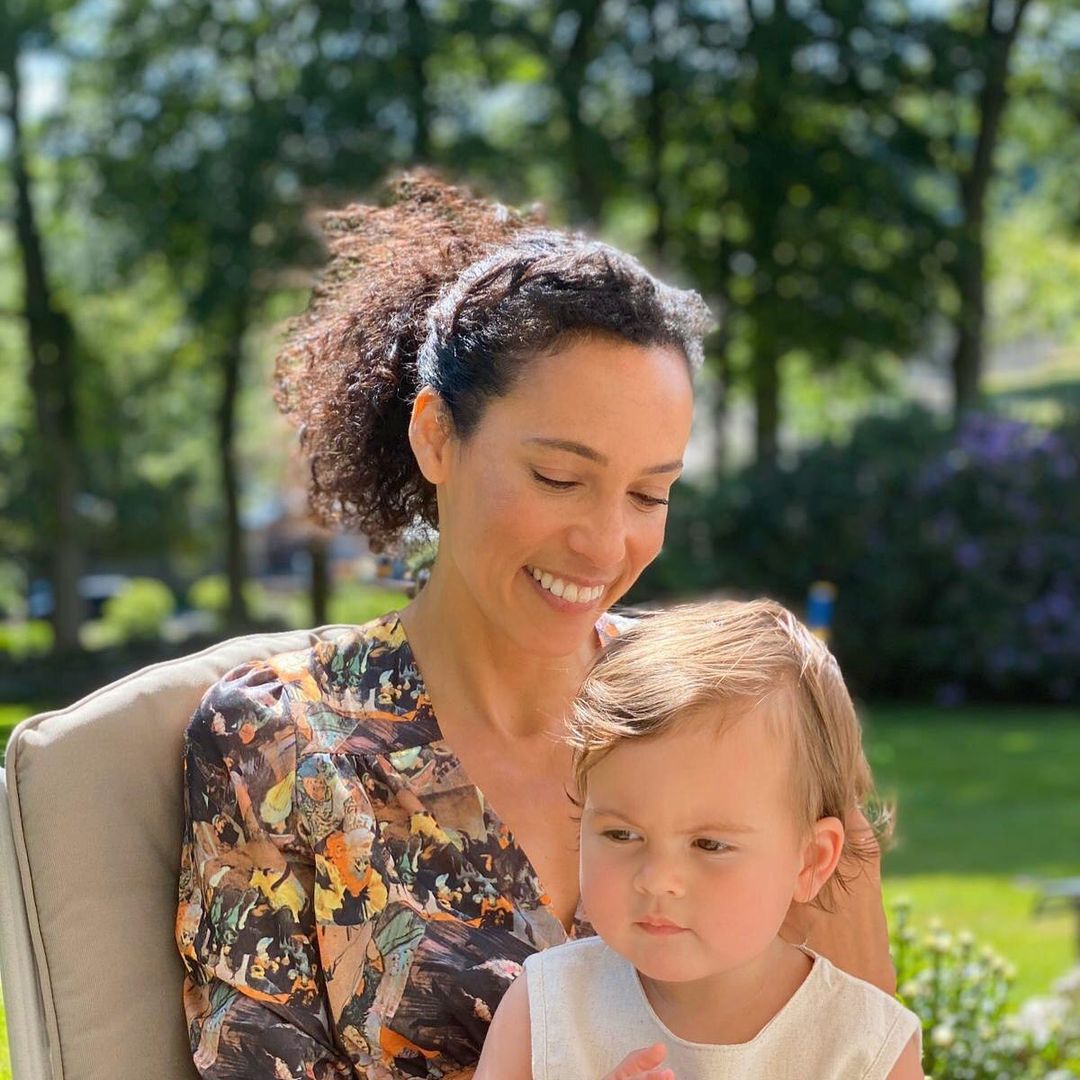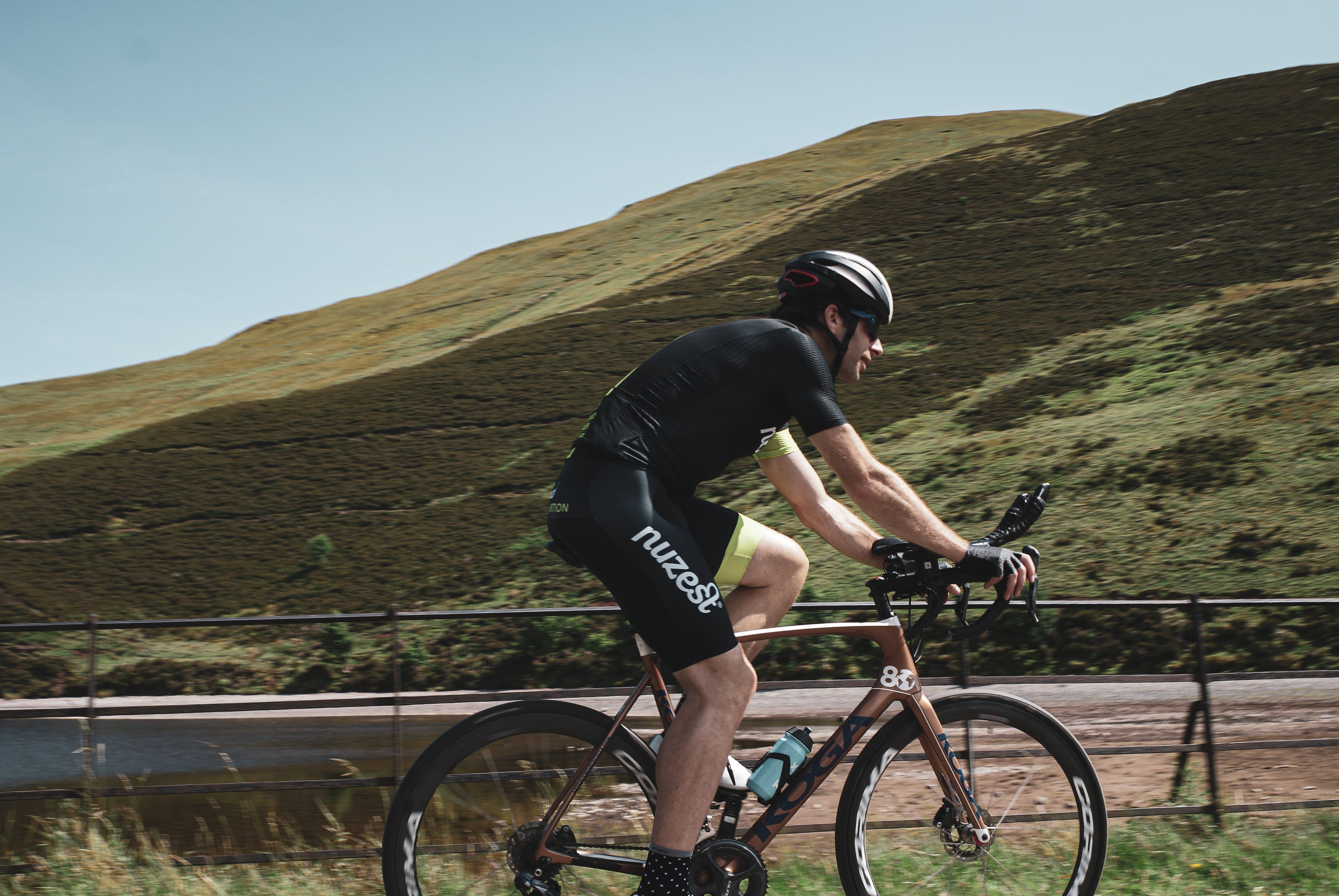In light of Earth Day, we caught up with Beth, an Education Coordinator and Facilitator at GROW. Beth is responsible for facilitating the 3 different projects they deliver to schools. GROW works with schools and communities delivering bespoke programmes in sustainable food growing and outdoor learning. They are leading the way to a more sustainable future and we are proud to be supporting such an incredible movement.
What initiatives do you have in place to drive sustainability?
GROW is an agroecological farm; which is about integrating agriculture with nature. This steers everything we do at GROW, from the farming and land work to even thinking about where we as humans fit into the whole ecology. It is about what we consume and throw away and how that impacts nature around us.
We spend a lot of time on the farm growing food and teaching sustainable practices, such as growing without pesticides or fertilisers. We take a more minimal dig approach in the beds to build up healthy soil so that we don’t need to add any fertiliser, and when the soil is healthy, we know that it holds a lot of carbon.
As well as these practices, we lead activities to teach the students the social and cultural parts of agroecology, for example, how we relate to the land. We explore what agroecology is wholistically. It’s a big topic; it encompasses everything around growing food sustainably and working with the land. Over time, it’s just a case of building up their understanding of agroecology, getting them to explore it in their own way – where do they fit into the ecosystem? It's important for them to appreciate the energy and time that goes into producing what goes on your plate.
How do you teach sustainability to the children at GROW?
We are pretty much always outside, whatever the weather. We have rain jackets and wellies, and we always encourage them to be outside (unless the weather is extreme).
Many of the sessions are practical, but we treat the material like any other teacher would. We always have a lesson plan, and we try to teach in a style where we know they will retain the information - that they’re learning new things and that they treat the sessions as they would any other class. Although it is different to the usual classroom, they do take it seriously and they respond really well. Quite a few of the students referred to us are SEN or have behavioural difficulties, but you would never know that they struggle to be in a learning environment - they really come into their own.
More teachers, organisations and schools are responding to the need to have outdoor learning and sustainability as part of the curriculum. It is a struggle to integrate this into the tight curriculum that already exists, even when they see how important it is but the schools we work with are doing an amazing job to make sure it is prioritised.
What do you do with any leftover food on the farm?
We sell our food to the school canteen, we also have a market stall outside the school and a box scheme. When we have volunteers visit on a Wednesday, we share a lunch with them using any other leftover produce. There is never any waste on the farm. Everything ends up back in the compost - we have a circular system on the farm.
What are GROWs goals this year?
We are going to be starting two new projects very soon. The first one is GROW Cook Share. This is for families in Barnet that have been referred to us. They are families that do not have access to outdoor space. Each family will get a bed of their own on the GROW farm to come and tend to and learn how to grow food.
We often just have young people on the farm, but this includes whole families, which will be nice for them to learn together. Sometimes when children learn things, if they're not able to put it into practice or show it at home, there isn't a chance for it to develop into anything.
The second one is Eat the Rainbow - this is a project in collaboration with the Rainbow Centre, a local youth centre on the estate next to the farm. An after-school club will take place for young people from disadvantaged backgrounds to learn how to grow their own food. The raised beds have just been built and filled with soil, it’s really exciting to see it taking shape, and we should be ready to start very soon.
How can the community get involved with GROW?
We have a whole programme of community events coming up throughout the spring and summer and a few in the autumn. These range from plant sales and family volunteering days. You can find a list of all upcoming events over on https://wearegrow.org/events/
What advice would you give to somebody wanting to become more sustainable?
Start to think about where your food comes from and how your food is produced. Think about the industrial food system and how supporting small-scale local producers can have a positive impact on the environment. We teach the students at GROW that we are part of this ecosystem too, and when we shift that thinking, that informs how we act and what we do. Just get your hands dirty. Grow food and experiment with the space you have.
